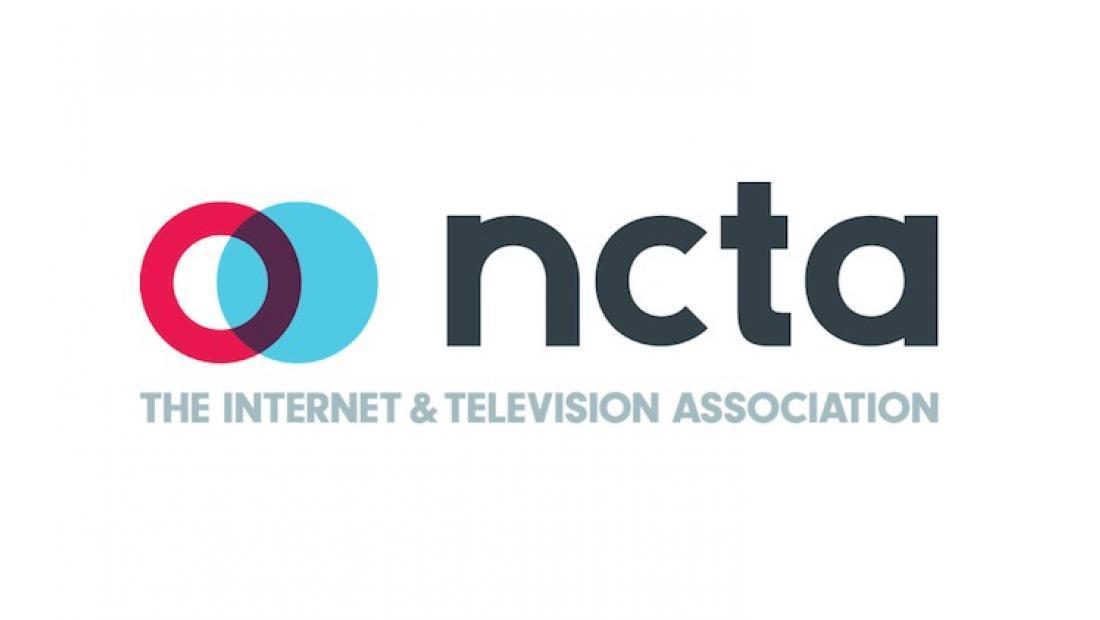NCTA: Cable Operators Provide Equal Access to Broadband
FCC should follow statute and focus on deployment

The smarter way to stay on top of the multichannel video marketplace. Sign up below.
You are now subscribed
Your newsletter sign-up was successful
NCTA-the Internet & Television Association has told the FCC that cable operators do not discriminate in the provision of broadband service because they provide equal access, which NCTA said means "comparable deployment."
"FCC and census data demonstrate that cable operators provide equal access to broadband by deploying high-speed networks, including gigabit offerings, throughout their service areas," NCTA said.
That came in comments on the FCC's congressionally mandated inquiry into what rules it needs to adopt to insure that Americans get equitable access to the broadband connections that the Biden Administration is spending tens of billions of dollars to insure go to all Americans.
NCTA said the FCC's focus should be on "the deployment of comparable broadband offerings across providers’ service areas." It said issues like adoption and affordability are beyond the scope of Congress' direction to the FCC and are already being addressed through other legislation and programs.
NCTA points out that the Infrastructure Act defined equal access to broadband as “the equal opportunity to subscribe to an offered service that provides comparable speeds, capacities, latency, and other quality of service metrics in a given area, for comparable terms and conditions, and specifically talks about preventing "deployment discrimination."
Even just focusing on deployment the FCC added, the FCC should make the standard similar rather than identical. "In a dynamic and competitive marketplace, in which intermodal competition is only increasing, some differences in speeds offered and service quality metrics across a provider’s service area are to be expected and should not give rise to a claim of unequal access to broadband within the meaning of the statute." Such differences in speed and quality can also occur during plant upgrade cycles it pointed out, something the FCC has recognized.
Some other commenters, including the Multicultural Media, Telecom and Internet Council (MMTC), have argued that the definition of nondiscriminatory access should include a bunch of other factors like price and quality, and other actors like content providers and others in the broadband ecosystem.
MMTC said the FCC should define the statute's equal opportunity to subscribe from a consumer perspective and should look beyond whether comparable services on comparable terms and conditions are available. "[A]vailability" is not equity if the cost prohibits its adoption in low-income or minority neighborhoods, MMTC told the commission. ■
The smarter way to stay on top of the multichannel video marketplace. Sign up below.
Contributing editor John Eggerton has been an editor and/or writer on media regulation, legislation and policy for over four decades, including covering the FCC, FTC, Congress, the major media trade associations, and the federal courts. In addition to Multichannel News and Broadcasting + Cable, his work has appeared in Radio World, TV Technology, TV Fax, This Week in Consumer Electronics, Variety and the Encyclopedia Britannica.

